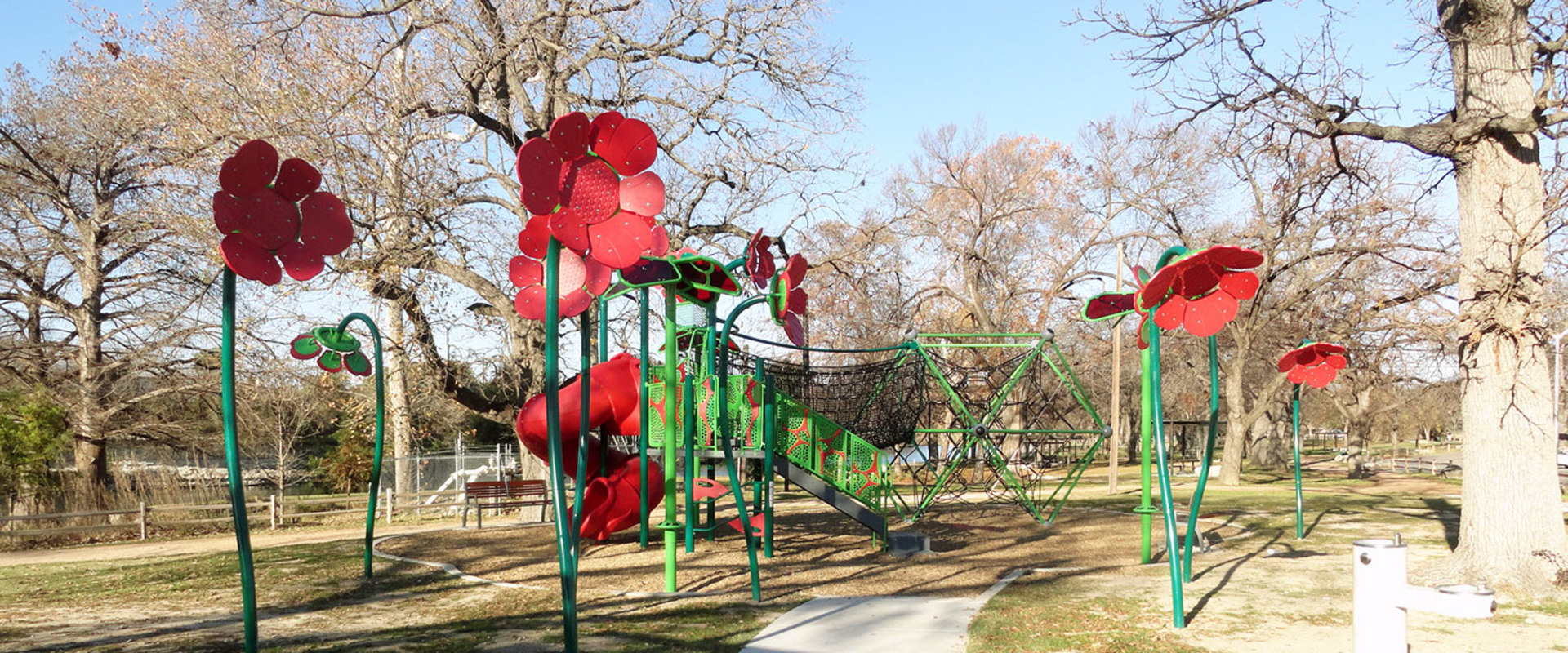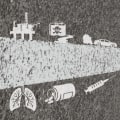Joining an environmental organization is one of the most effective ways to support the cause of protecting our planet. Becoming a member means that your annual contribution will help fund initiatives that promote climate literacy, advocate for corporate and civil action against climate change, educate about sustainable food systems and plastic pollution, and recruit citizens passionate about the environment. In line with GWD's mission to promote health and well-being through community-based partnerships and actions, the proposed work will engage residents of low-income neighborhoods that have not traditionally been part of the solution to environmental degradation in their communities. This will not only reduce energy consumption, but also increase the tribe's environmental capacity by providing its members with training for specialized green jobs. The long-term results of this program will include incorporating educational messages into the training provided by the city, through classes for homeowners, training for homeowners, application of codes and organizations associated with the community.
If the tribe can develop a program that implements environmental policies and guidelines as part of clean water and drinking water projects, it is more likely to involve tribe members in supporting the creation and maintenance of environmental regulation programs. The project will use an environmental education model consisting of peer outreach activities, workshops on environmental health and information distribution. It will also promote collaboration between community organizations to exchange communication and educational information among stakeholders to address the disproportionately high and adverse environmental risks faced by residents, while generating community support and environmental protection. Building on the first responses and successes achieved in the first year of the TSE pilot project, phase II of the TSE envisages greater inclusion of racial, ethnic and socioeconomic groups as environmental actors. CYCLE uses a combination of activities that generate employment opportunities in an environmental context. The project will include the creation of a composite map showing the main columns of groundwater contaminants, a video that shows the historical perspective of the industry in Antrim County, and an educational training program in environmental justice and redevelopment of abandoned areas that can be presented to community groups across the county. Addressing environmental justice issues will allow residents to feel proud of their community and take steps to improve air quality.
The organization will also work with Navajo Water Resources and federal agencies to analyze wells and other residential water sources to detect contaminants, develop a reporting system and identify sources of clean water. The project also seeks to engage the community in local and national EJ issues and provide them with environmental job opportunities. This project addresses environmental and public health threats related to stormwater runoff and hydrocarbon pollution off the Alabama coast. The staff of the EJ Region 9 Environmental Protection Agency is carrying out and organizing a bus tour within the framework of the SEJCA project. This project, called Project Oka (Oka is the Choctaw word for water), is based at the Choctaw Nation of Oklahoma Environmental Sustainability Office in Durant, Oklahoma (zip code 7470), but extends to other areas of southeastern Oklahoma such as Wister, McAlester, Tuskahoma, Bow Broken and Hugo. Through a robust resident-driven community education campaign, it helps regain trust in the municipal water system, thus reducing residents' dependence on bottled water and their financial burden as well as reducing plastics in adjacent waterways.




